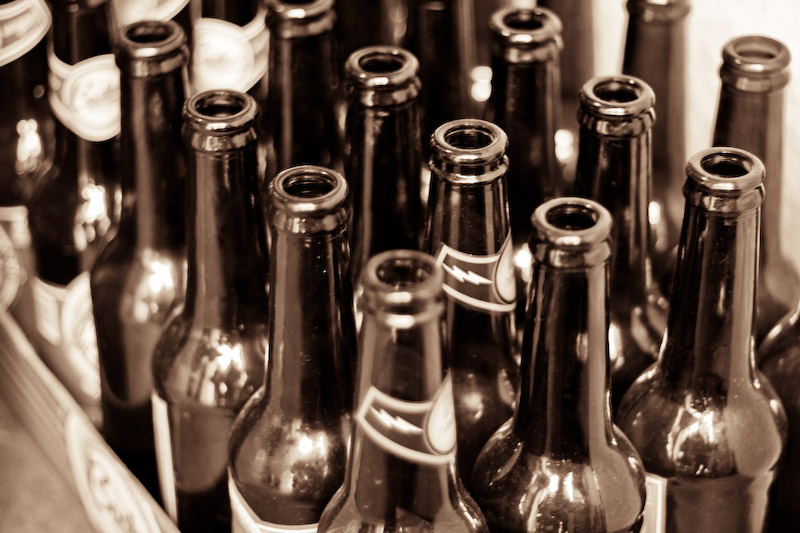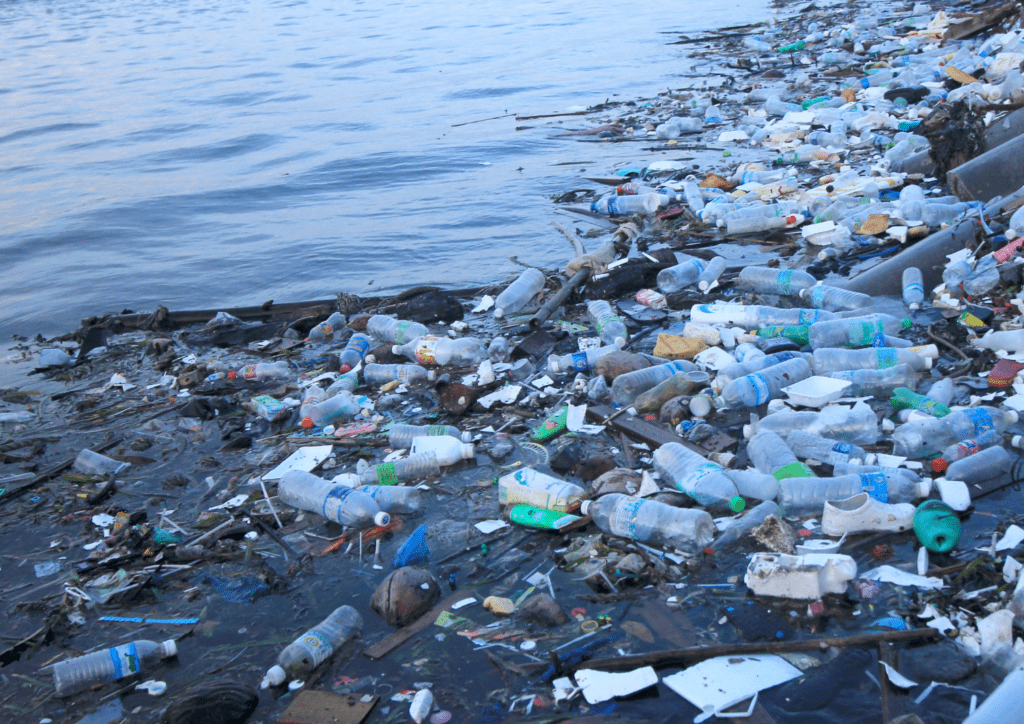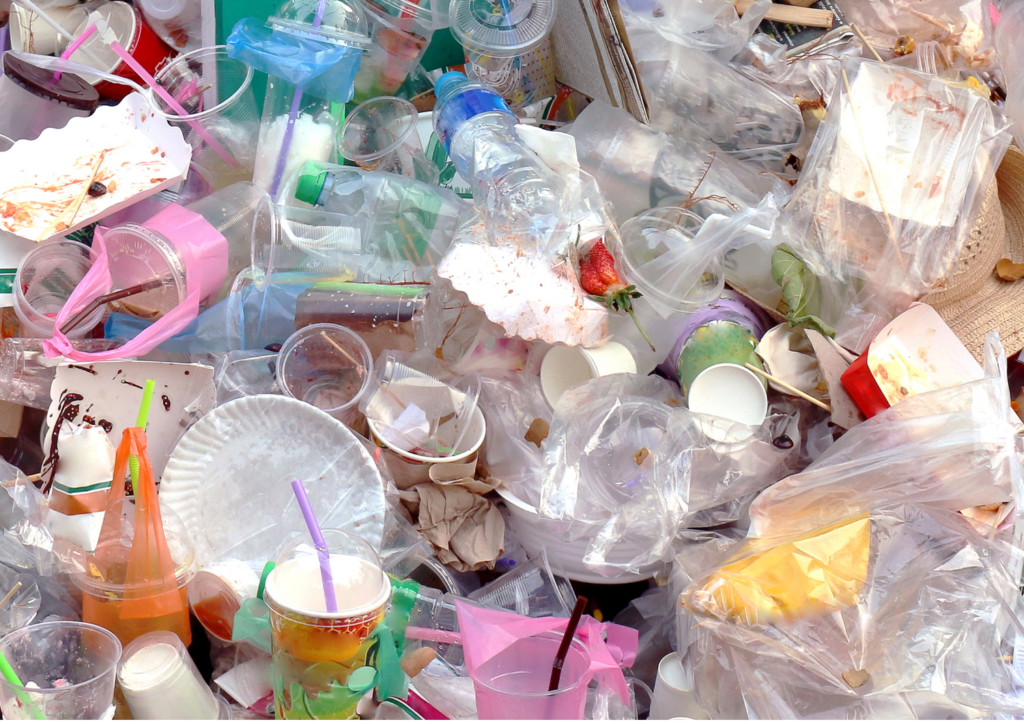Most Ontarians over the legal drinking age are familiar with the deposit return program (DRP) for beer, wine, and liquor containers. Once we finish our boozy beverages, we dutifully return our empties to The Beer Store to get our deposits back. It’s Ontario’s most effective packaging reuse and recycling program. But it’s under threat.
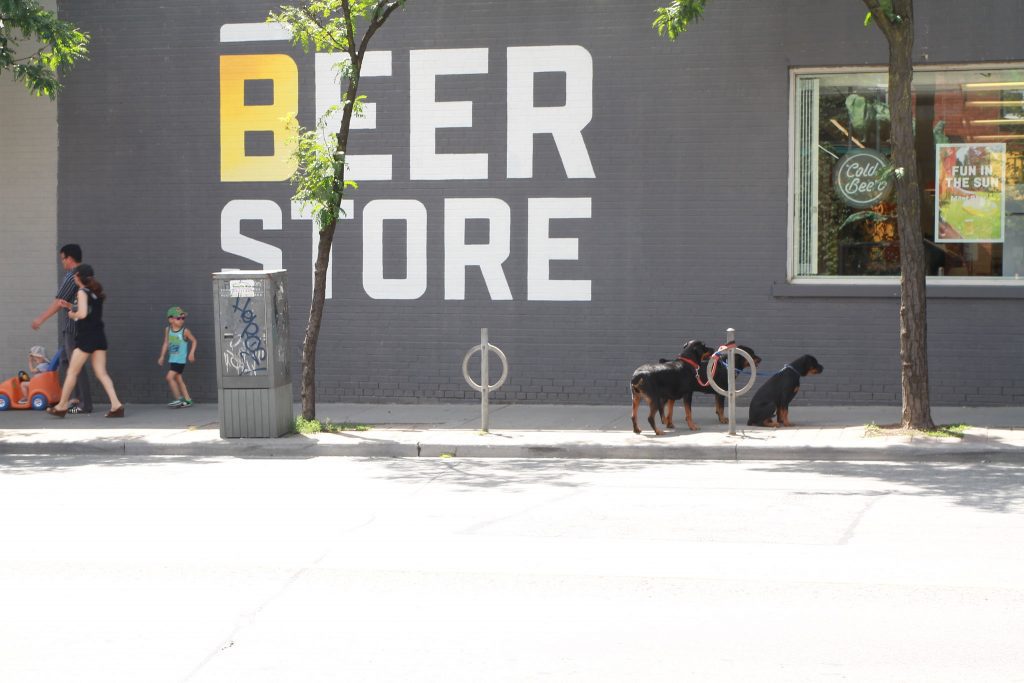
As the province drafts a new regulation under the Resource Recovery and Circular Economy Act, it’s considering letting beer, wine, and liquor producers opt-out of the existing deposit system. This is a huge step in the wrong direction and will erode the success of the program over time. What Ontario really needs is more DRPs, not less.
Why making the DRP optional could unravel the entire system
While the province hasn’t officially released its draft regulation yet, Environmental Defence has reviewed leaked materials from the stakeholder consultation process. That’s how we know the government is considering letting producers of alcoholic beverages opt-out of the DRP, and instead collect their materials via the (far less effective) Blue Box.
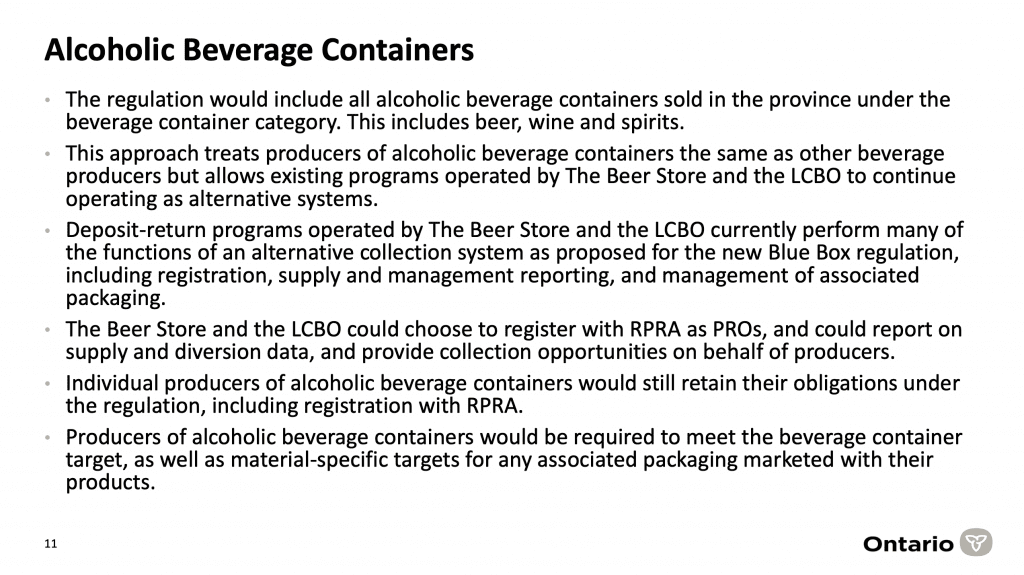
But who cares if a few fringe breweries choose to opt-out? Surely all the big breweries that use the standard-issue bottle will stay with the DRP. Right?
One of the reasons the deposit system works is because it is comprehensive. If you sell your product in The Beer Store or LCBO (or at an Ontario winery or wine store), you have to charge a deposit on the container. And as a consumer, this keeps things simple because you know that every container has a deposit on it.
But if the deposit return is optional, things will get really confusing. For example, if some containers carry a deposit and some don’t, folks will likely try to return containers they weren’t charged deposits on or accidentally dump deposit containers in the Blue Box. The deposit system itself will also become more expensive to manage, as sorting containers become more and more challenging. Over the long term, if beer, wine, and liquor producers choose the less expensive, and less effective Blue Box program, the DRP will fail. And that means millions of bottles, cans, and other beverage containers will be destined for the trash heap.
Deposit Return Programs are the best way to collect and recycle beverage containers
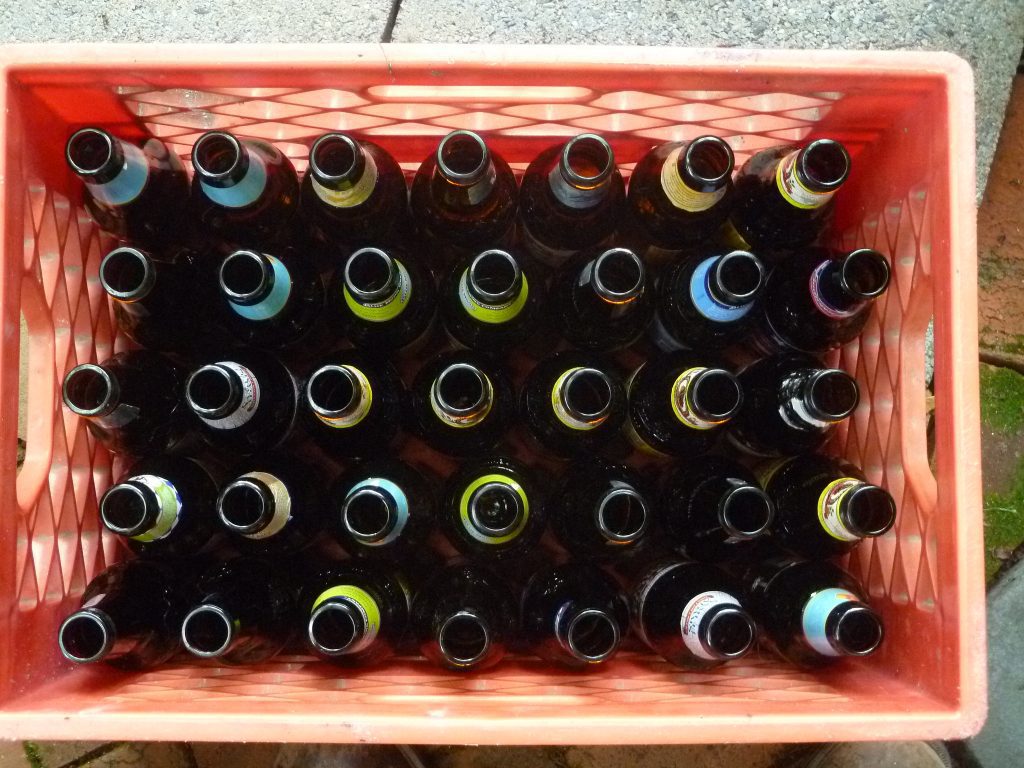
In Canada and around the world, deposit return programs achieve the highest collection and recycling rates for beverage containers. And you don’t have to look far for evidence. In 2016, only 41 per cent of non-alcoholic beverage cans in Ontario were collected through the Blue Box, but nearly 80 per cent of alcoholic beverage cans were collected through the DRP. That means the DRP kept over 1.85 million cans out of our landfills and the environment in 2016 alone.
Furthermore, DRPs make it possible for producers to use refillable containers. In 2019, 97 per cent of refillable beer bottles were collected through Ontario’s existing deposit system. Those bottles are refilled an average of 15 times before being recycled into new glass bottles. If Ontario is serious about moving toward a circular economy, it needs policies that prioritize and enable reuse before recycling. DRPs make that possible.
The best path forward: an expanded DRP for all beverage containers
Instead of threatening the existing DRP, Ontario should be looking for ways to expand it to include non-alcoholic beverage containers like pop and water bottles. Currently, less than half the plastic drink bottles sold in the province are collected for recycling through the Blue Box. That means 1.5 billion bottles end up as trash or litter every year and contribute to the 10,000 tonnes of plastic trash entering the Great Lakes annually.
If Ontario expanded the DRP to include all beverage containers, or required in its regulation that producers achieve a 90 per cent recycling rate, tens of millions of additional bottles and cans could be used to make new products (like beverage containers). This would reduce our reliance on virgin materials and avoid hundreds of thousands of tonnes of greenhouse gas emissions.
If you agree that the province needs to save its existing DRP for alcoholic beverage containers, and expand the program to include non-alcoholic beverage containers, sign our petition.



